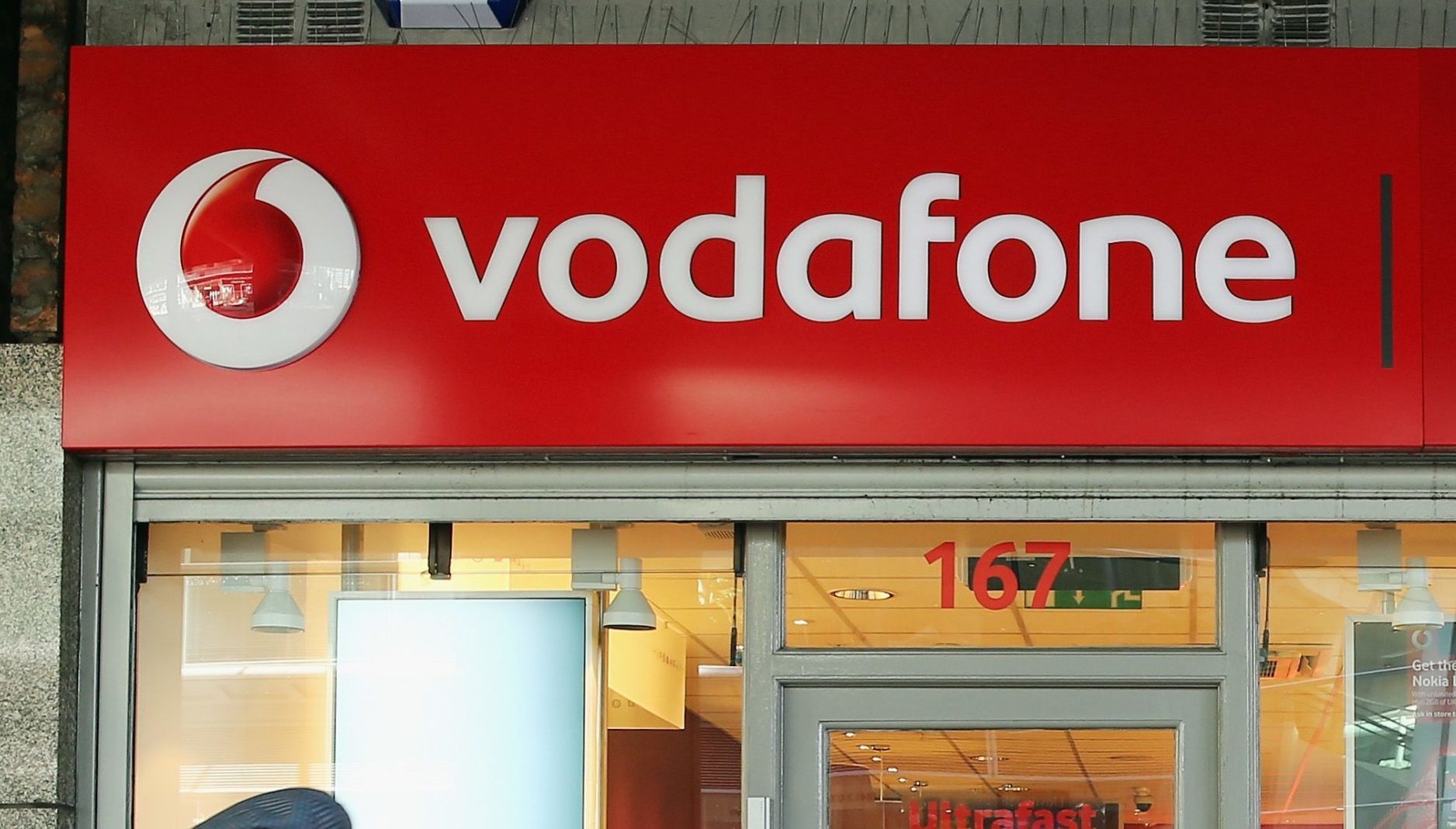
ADVERTS for Vodafone have been banned for suggesting that broadband customers would receive minimum speeds that were fast enough to avoid common issues such as buffering or receive a discount.
Television and radio ads featuring the actor Martin Freeman playing a video game online, seen in March, stated: “Vodafone guarantee your home broadband speeds or money off until it’s fixed,” while on-screen text added that customers could claim a discount if their speed was below 25Mbps for Superfast 1 and 55Mbps for Superfast 2.
The Vodafone website stated: “Guaranteed speeds on your Superfast home broadband or money off until it’s fixed,” while smaller text read: “Our Ultimate Speed Guarantee means you get the best broadband speed available to you, or we’ll give you a discount off your monthly bill until we can get you there,” and “Our Ultimate Speed Guarantee is available to you if your sync speed is lower than the minimum superfast speeds”.
Nine complainants, including BT, challenged whether the speed guarantee claims were misleading and could be substantiated.
Vodafone said it chose to use “sync speed” – the speed received by a customer’s router – as a measurement because it was the speed that both the provider and network Openreach were able to control.
The company said its website explained how the guarantee worked, what the minimum speed was that should have been achieved and what to do if it was not received.
The Advertising Standards Authority (ASA) said consumers would interpret the television and radio ads to mean that Vodafone could guarantee a minimum speed that was fast enough that customers did not experience common issues such as buffering when using their devices in the home to perform typical online activities.
It also raised concern that any guarantee based on sync speeds, which it said were not an accurate measure of the speeds experienced by customers on their devices, was likely to result in some consumers experiencing slow speeds but still not qualifying for the guarantee.
The ASA said: “We were concerned that the ad promoted a speed guarantee when a significant number of customers were known to receive slower speeds at the router than what had been guaranteed.
“We were also concerned that the guarantee did not refer to upload speeds, which also had a bearing on the performance of home broadband when performing certain tasks, including online gaming.
“Because the ads suggested that Vodafone could guarantee minimum speeds that were fast enough that customers did not experience common issues such as buffering when using their devices in the home to perform typical online activities, when customers did experience such issues but did not qualify for the guarantee, we concluded that the ads were misleading.”
It ruled that the ads must not appear again in their current form, adding: “We told Vodafone to ensure their future advertising did not mislead by stating or implying that their broadband ensured minimum speeds that were fast enough that customers did not experience common issues such as buffering when using their devices in the home to perform typical online activities, or that customers who experienced such issues would qualify for a reduction to their bill.

Enjoy the convenience of having The Sunday Post delivered as a digital ePaper straight to your smartphone, tablet or computer.
Subscribe for only £5.49 a month and enjoy all the benefits of the printed paper as a digital replica.
Subscribe